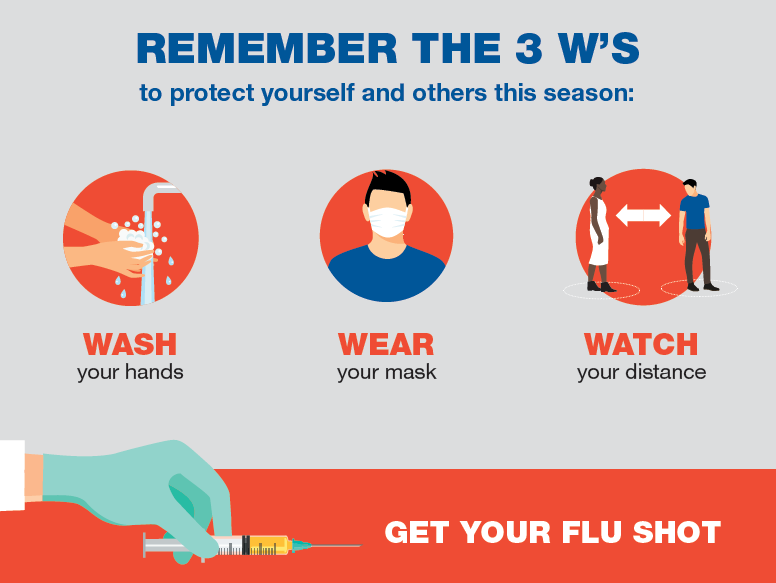
Coronavirus (COVID-19) Updates
Vaccination Makes a Difference
Make a plan, get vaccinated. Learn more: valleyhealthlink.com/vaccine.
Have COVID-19 Symptoms and Need Care?
If you are experiencing any COVID-19 or flu-like symptoms, please contact your Primary Care or Family Medicine provider to schedule an appointment for evaluation and treatment if indicated. If you do not have a Primary Care provider, telehealth or in-person visits are available at all Valley Health Urgent Care locations. Visit vhurgentcare.com to check-in online. A Valley Health Urgent Care provider will evaluate you and perform testing if needed.
Important Reminder: Hospital emergency rooms are needed to care for patients with emergent needs. Individuals needing COVID testing should contact their primary care provider, an urgent care clinic or use an at-home antigen test. Please contact your ordering provider for test results or questions.
Other Actions to Keep Everyone Safe
Visitation Changes
For the safety of our patients, visitors, staff and the broader community, Valley Health's hospitals have revised their visitation policies. Click here for the latest information on our visitation policies.
Stay Healthy During Cold & Flu Season
Because of the COVID-19 pandemic, reducing the spread of respiratory illnesses, like the flu, is more important than ever. Receiving your flu vaccine can save healthcare resources for the care of patients with COVID-19. Visit valleyhealthlink.com/flu for more information on where you can get a flu shot. Along with receiving your flu vaccine, remember to always follow the 3 W’s to prevent the spread:

COVID-19 Medical Services Coverage and Financial Resources
Valley Health is committed to reducing financial barriers, especially in times of uncertainty.
- If you need assistance paying your bill, call 866-414-4576 or email financial.counselor@valleyhealthlink.com. Valley Health customer service and financial counselors are standing by to assist you.
- If you have a bill financed through Commerce Bank, please contact them directly for assistance with your bill.
- If you are uninsured and have a COVID-19 positive diagnosis: Physician ordered testing for COVID-19 symptoms, exposure and/or treatment of COVID-19 including physician telehealth, emergency room, and inpatient care will be covered by the U.S. Department of Health and Human Services (HHS) for services with a primary diagnosis of COVID-19. For more information regarding this program, please visit https://www.hrsa.gov/coviduninsuredclaim
Other COVID-19 Resources
-
Centers for Diseases Control and Prevention: www.cdc.gov/coronavirus
-
Virginia Dept. of Health Coronavirus Hotline: 1-877-ASK-VDH3 (1-877-275-8343)
-
Virginia Dept. of Health – Local Office: 540-771-3992 (Mon.-Fri., 8 a.m. to 4:30 p.m.)
-
West Virginia Dept. of Health and Human Resources Hotline: 1-800-887-4304



